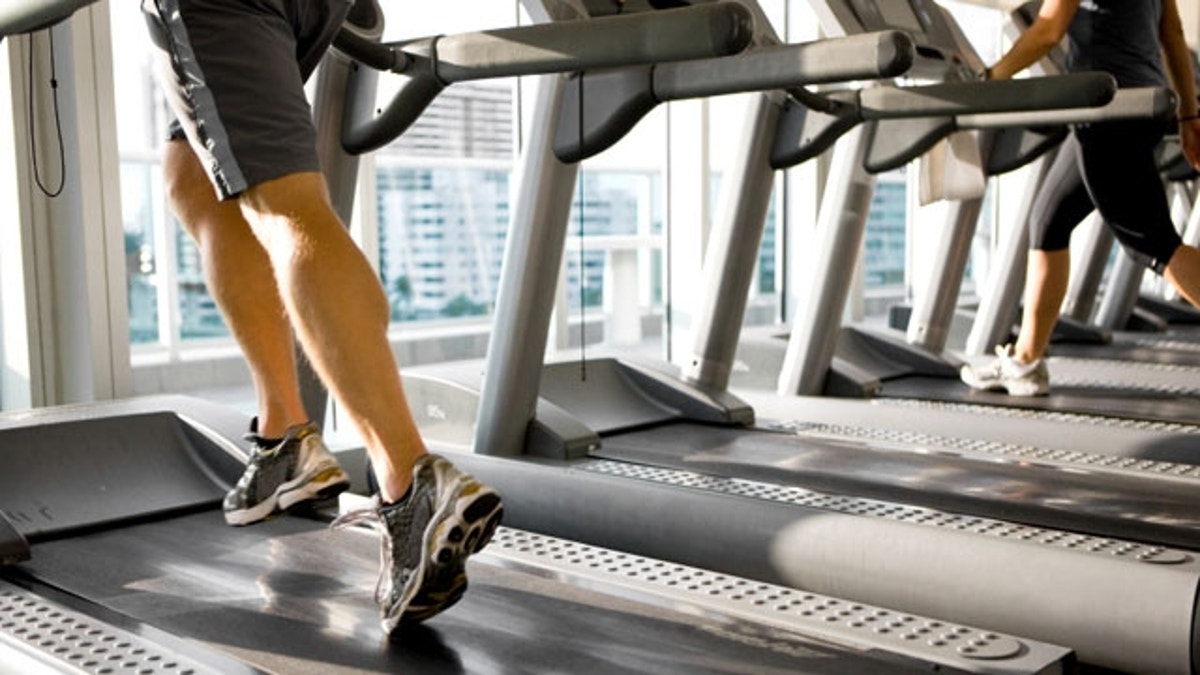
The question: "The treadmill's calorie-burn display says I plowed through 500 calories. Is that right?"
The expert: Jonathan Keltai, NASM-CPT, a Plus Trainer at DavidBartonGym in New York.
The verdict: Chances are that number is right for someone—just not necessarily for you.
"A person's caloric expenditure can vary based on gender, age, weight, and fitness level," says Keltai. "Most cardio machines only allow you to enter the first three variables—your gender, age, and weight."
Problem is, your fitness level (which takes into account your health, aerobic capacity, metabolism, and ratio of muscle vs. fat) plays a big role in how many calories you'll burn during a given workout.
Think about it this way: A 180-pound, 30-year-old guy who runs marathons and has a 12 percent body fat percentage is going to burn far fewer calories than a 180-pound, 30-year-old guy who rarely exercises and has a 22 percent body fat percentage, assuming they do the same exercise for the same amount of time.
"As you get in better shape, your body becomes more efficient at performing exercise and therefore you end up burning fewer calories for the same activity," Keltai explains.
So how "off" can the typical calorie-counter be? In one University of California, San Francisco experiment conducted for Good Morning America, elliptical machines were found to be the most optimistic, overestimating one exerciser's calorie expenditures by 42 percent. Meanwhile, treadmills overestimated by 13 percent, stair climbers by 12 percent, and stationary bikes by seven percent. Another issue to consider is the age of the machine; newer tends to be more accurate.
Think these stats are so insignificant as to be non-issues? Remember that even a small error can make a big difference if you're counting calories to lose weight. For example, if you eat an extra 50 calories a day, mistakenly thinking you've burned enough on the treadmill to do so, you could gain five pounds in a single year.
One tip: Each time you step on a machine, try to increase the numbers on your display regardless of whether they're actually accurate. And if you can do the same exercise in less time, that will always reap cardiovascular benefits.
"During higher intensity workouts, not only will you be burning calories during the activity, but will continue to burn more calories for hours after the activity is completed," Keltai says.




















